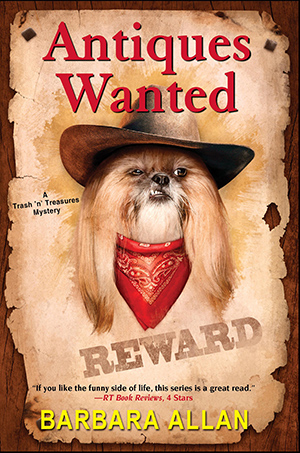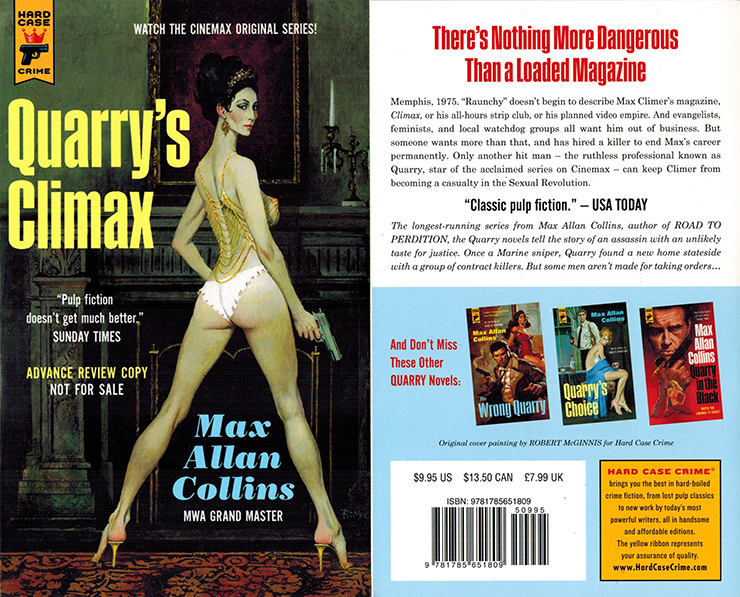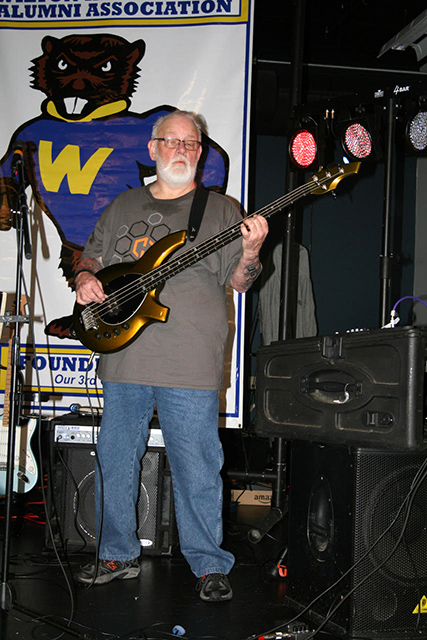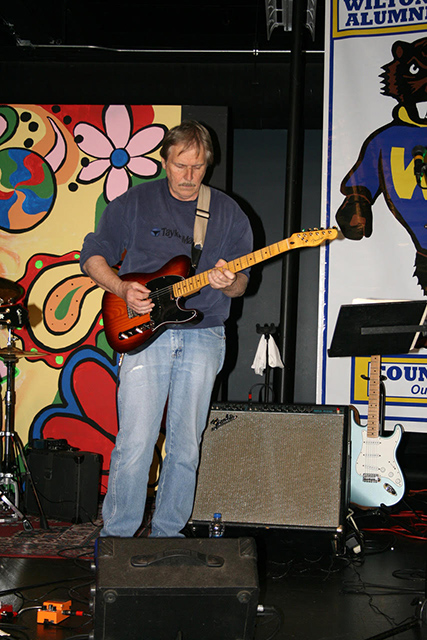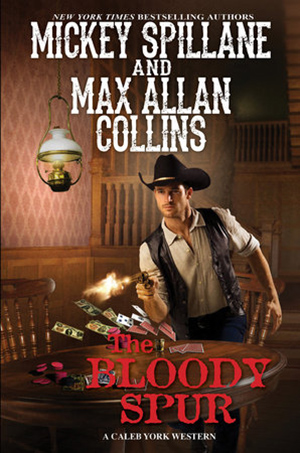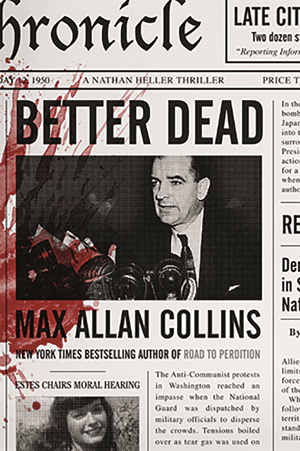The new Trash ‘n’ Treasures novel, Antiques Wanted, is in stores now in hardcover and e-book editions. Don’t miss it!
Shortly after the Borne gals receive a valuable signed photo of an old-timey cowboy actor from the elderly aunt of Vivian’s political opponent, a massive explosion sends Brandy to the ER and auntie to the grave.
With a string of unexplained deaths turning Sunny Meadow into Boot Hill, the ditzy duo—aided by their clever shih tzu Sushi—must lay down the law on a deadly outlaw . . . before someone’s elected the next victim, with the Bornes headin’ toward their last round-up!
[Note from Nate: All copies given away. Thank you for your support!]
We have finished copies of the hardcover edition of Antiques Wanted in hand now, and have five to share with readers willing to do a review for Amazon and/or other venues (Barnes & Noble, blogs, etc.).
As usual, you must write me at [REDACTED], and include your snail mail address. United States residents only. These will go quickly, so act now. How will know if you win? A book will show up in the mail. We’ll get them out quickly.
As it happens, right now we are wrapping up the next Barbara Allan-bylined novel (she’s Barbara, I’m Allan) (if “I’m Dickens, He’s Fenster” jumped into your mind, you are both old and strange) (talking to you, Mike Doran).
Barb works on her draft for six months or more, and I spend around a month on mine, a very intense process on my part, with Barb staying handy to answer plot questions and such. I polish throughout and wind up adding about a fourth more pages. This novel – Antiques Ravin’ – has an Edgar Allan Poe theme and is the darkest of the books, but with plenty of off-the-wall humor. It’s also the most action-packed (and victim-strewn) of the novels thus far.
Because I am deep in the throes of my draft, I will make today’s update short. But I do want to comment on the nice response for my last two columns, discussing my insistence on clothing my characters (in the first essay), and in stripping them off the attractive female characters (subject of the second essay).
I admit in writing the previous update that I was not thinking in terms of political correctness, in relation to the complaints about sex scenes coming in from some readers. Rather, I was looking at such scenes in terms of characterization and narrative strategy. But I have noticed that a good share of such comments seem to come from younger readers – at my age, “younger” is under forty – which does indicate a cultural shift.
But political correctness has been a problem almost from the beginning for the Nathan Heller saga, going all the way back to the mid-‘80s. That is because I have insisted on Heller’s point of view and speech reflecting the period he’s writing about, as well as his own point in time – in other words, these are the memoirs of a man who was born early in the twentieth century.
So Heller may say “colored” or “Negro” where an African American is concerned. A young woman may be a “girl” to him. An Italian may be a “wop.” Complaints along those lines have been with Heller and me from the start. Neither of us care. Sometimes we have to fight copy editors over such things.
More recently Heller (and Mike Hammer’s and Quarry’s) tendency to give us a somewhat leering appraisal of a young woman’s physicality bothers some readers and reviewers. Again, I don’t care. It’s who these protagonists are. It’s who I am, to some degree, having been a male on the planet for seventy years. I am willing to retrain myself in a lot of ways. Me not noticing, and even cataloguing, a female’s attributes (that word itself seems politically incorrect now) is just is not going to happen.
If a young politically correct heterosexual male wants to pretend he doesn’t notice that a woman is attractive, that’s up to him. But he’s lying not just to us but to himself. I would venture to say the same about heterosexual women and good-looking men (the definition of “good-looking,” of course, being a matter of personal taste and inclination). I’m going to take a wild guess and say this applies to gay men and women, too.
I have been married for fifty years to one of the most enduringly beautiful women on earth. But you can bet I notice the pretty girls (yes, I said girls) who wander across my line of vision.
I should also say that my sex scenes are often, to some degree, meant to make a reader uncomfortable. Again, back at the very start of Heller (in True Detective), I dealt with such things as the use of prophylactics and the aftermath of a virgin’s first sexual experience resulting in blood on the sheets. A good pal of mine, also a private eye writer, objected to my including such things, which spoiled the myth and the romance for him.
This, to me, isn’t any different than when a very famous private eye writer complained about Nate Heller dropping a case when Frank Nitti paid the detective off to drop a case (which Heller did, and bought himself a new suit). I was scolded that a Chandler-esque private eye (and Heller comes out of Phillip Marlowe as much as he does Sam Spade and Mike Hammer) shouldn’t take a bribe from a gangster! Horrors! But Heller knew if he didn’t do what Frank Nitti told him to, my private eye’s bullet-riddled body would wind up in a ditch.
As I touched upon last week, my approach has always been to provide a realistic surface to the larger-than-life doings of the story at hand, thereby making the melodrama play like drama. The notion that Hammett, Chandler, Spillane and for that matter Ross MacDonald brought “realism” to the mystery story is idiotic. The novels of those four are romances (in the non-lovey-dovey sense).
It’s no accident that Mickey Spillane’s favorite writer was Alexander Dumas – The Three Musketeers ends much as I, the Jury does, and The Count of Monte Cristo is a revenge tale.
Barb and I both liked The Avengers: Infinity War very much. Despite death looming over every frame, the humor of the Guardians of the Galaxy movies and the most recent Thor, and well-tooled quips for Robert Downey’s Iron Man, influence Infinity Wars, making the ride as fun as it is harrowing. The narrative strategy of following little groups within the larger group, and giving the story to each mini-team for a while, works beautifully.
The only weak part is the Black Panther stuff, despite the popularity of the recent movie, which we walked out of, as some of you may recall. Speaking of political correctness, it’s a pandering thing, this Black Panther concept (the actor playing the B.P. is dignified and fine, however).
This site reports that I am not dead. What a relief!
Finally, here’s another Spillane birthday tribute.
M.A.C.
